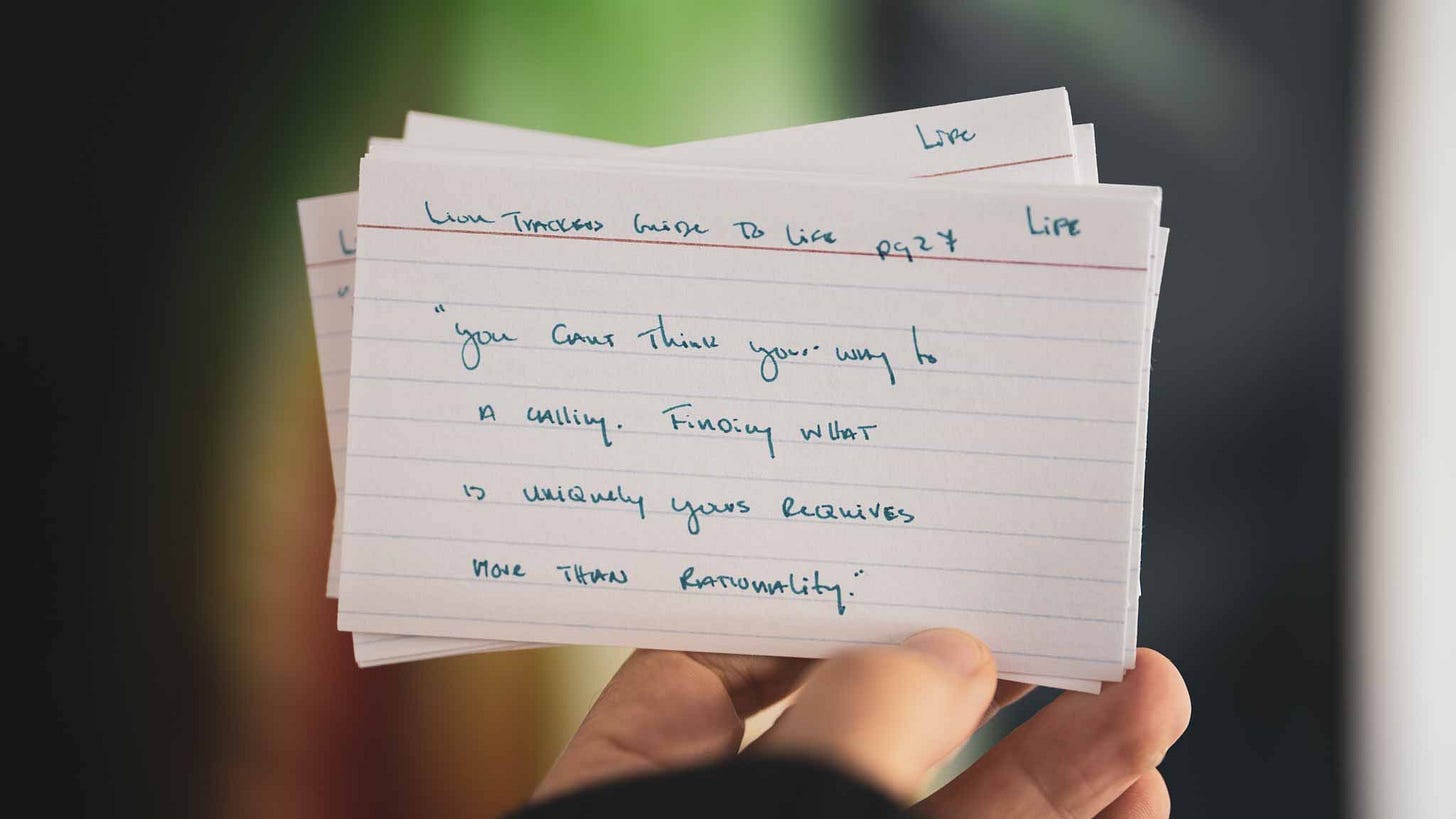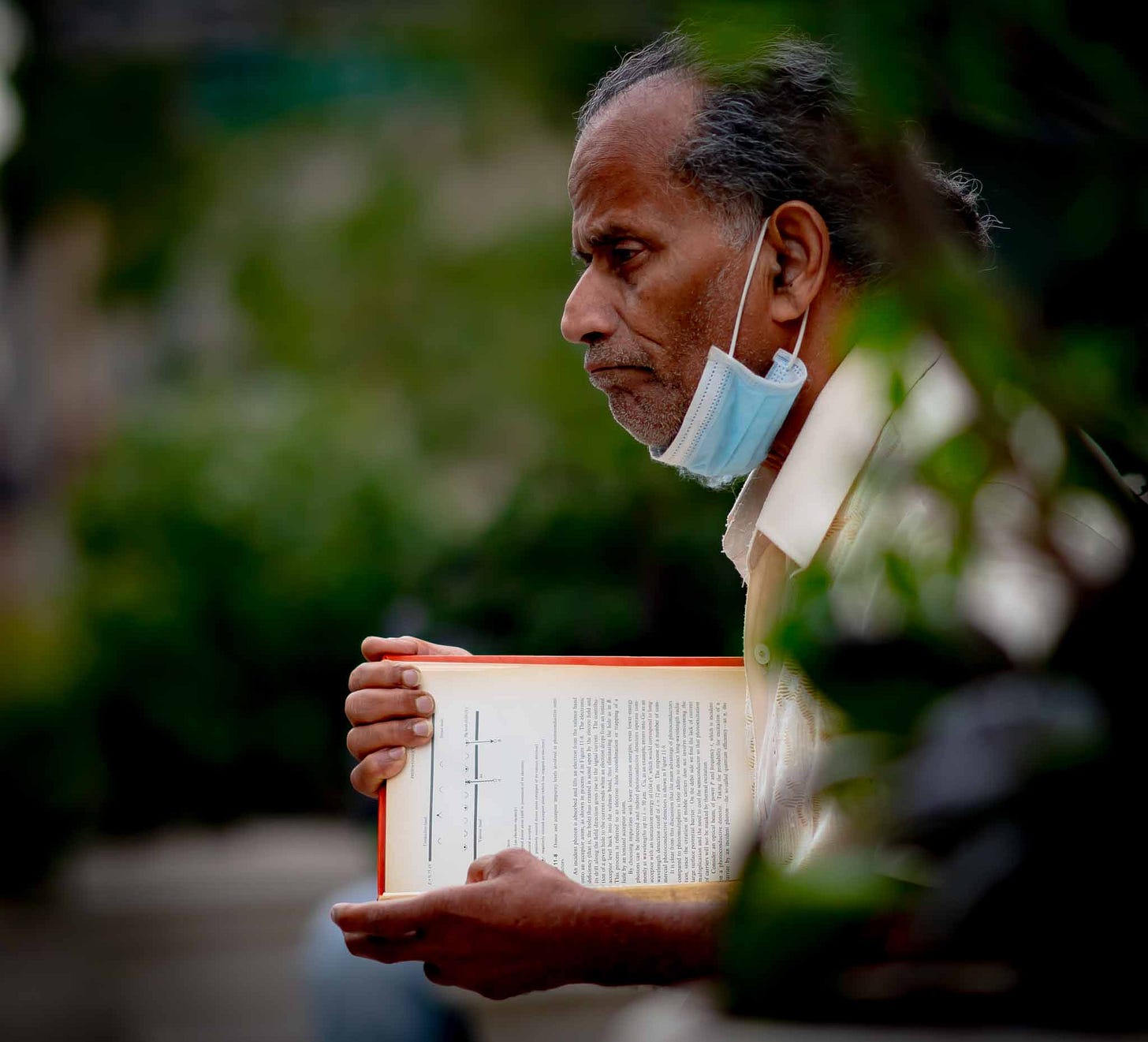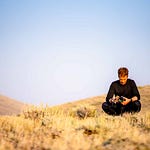Humans began sharing written words 3,500 years ago. Circa 100 BC, the first ‘books’ show up but on different sides of our little blue ball.
They were rolled bamboo held together with silk, hemp, or leather in China. This was also when, during the Tang dynasty, that woodblock printing was created. Meanwhile, in the Mediterranean, the Romans are binding vellum (made of animal skin) between wooden covers.
Fast forward another 1,500 years, in 1439, and Johannes Gutenberg invents the printing press. That story may be familiar to those in the west, but what I didn’t know was that 200 years prior, the first metal movable type was invented in what is now Korea. This would predate the printing press by more than 50 years, and the first book produced using this technology was Jikji in 1377 AD1.
The 1800s saw the addition of the book cover or dust jacket. Cloth, being more durable than paper, was often used as an inexpensive substitute for leather. In 1834, Swedish chemist Carl Wilhelm Scheele discovers Chlorine, and before long, we had white paper.
When pages started turning white, only 12% of the world could read. Over the next 200 years literacy would expand and by 2016 84% of those over 15 years old would be literate. That is a staggering amount of progress. That said, massive inequalities remain today, with countries like Burkina Faso, Niger, and South Sudan still below a 30% literacy rate2.
There is good news. In North Africa and the Middle East, those between 15 and 24 are 90% literate, while only 30% of those 65 and over are literate. That means, in one generation, literacy dramatically improved.
At 44, I’m thinking about my wisdom journey. How many more books do I have left to read? How much time should I allocate to reading? What do I do with the information? Given my borderline ridiculous desire for better, I’m now taking a course on becoming a better reader.
To be clear, my issue is not productivity - I want to honor and learn from the incredible prose in Where the Crawdads Sing or the pithy insight in Midnight Library. Or how do I take the lessons coming off the pages of Ryan Holiday’s books and turn them into action? Saying I read Ego is the Enemy is not helpful when my ego gets in the way of a nice evening with my son.
An interesting opposing thought is not to read more books but to re-read. Revisit where you have been and see if it lands the same or maybe something new. It’s like the second or third time you watch a movie, and you discover something that wasn’t there before. A smile, a color, or that subtle costume change that shifts the tone of the story.
As part of the course I’m taking, I’ve returned to a book I loved but have only read once. I’m going through my highlights and writing them on little note cards. A couple of passages jumped out and I wanted to share them with you.
They are relevant to my week and my humans. And maybe they will strike a chord with you. I’ll dive deeper into this wonderful work another time but feel it’s important that read it a few more times first.
The book is The Lion Tracker’s Guide to Life written by Boyd Varty. Boyd’s family converted their lion hunting land into a preserve. His close relationship with the African bush and the Shangaan are central to his story. The result is a wonderful narrative chalk full of lessons, metaphors, and wisdom about life through the eyes of a tracker.
I am grateful that I can enjoy books like this. I can find almost any book I want and buy it. I have that privilege. I know it’s not true for everyone on this blue ball. Some of them across the globe and some across the street. I’m going to think more how I can help play a role to solve that as education sits central to my own growth and the growth of our community.
I will reserve my thoughts on these passages so that you can let them sit with you as they have with me. Please enjoy and take care.
From Boyd Varty:
"We must learn to read the subtle tracks of the body, the way it relaxes and opens when something feels right, the contraction and tightness when we are not where we are meant to be."
"The father washes onto the son. He lives inside you as an aspiration, a disappointment, or a fear. Afraid you will never be like him or afraid you will be; he is there in the bones of your emotions. In the voices in your head. In your expectations of yourself. In the shadows of your weakness or strength. No matter how good the relationship, there is a tension between father and son."
"In complete solitude, I stop objectifying myself. In the bush I don’t think of myself on some social hierarchy. I don’t define my value as a comparison with others. The birds and animals don’t judge me. It’s a kind of healing in which I become human again. In complete solitude, we are not a concept of ourselves; we are ourselves."
https://www.tckpublishing.com/history-of-books/
https://ourworldindata.org/literacy


















Share this post